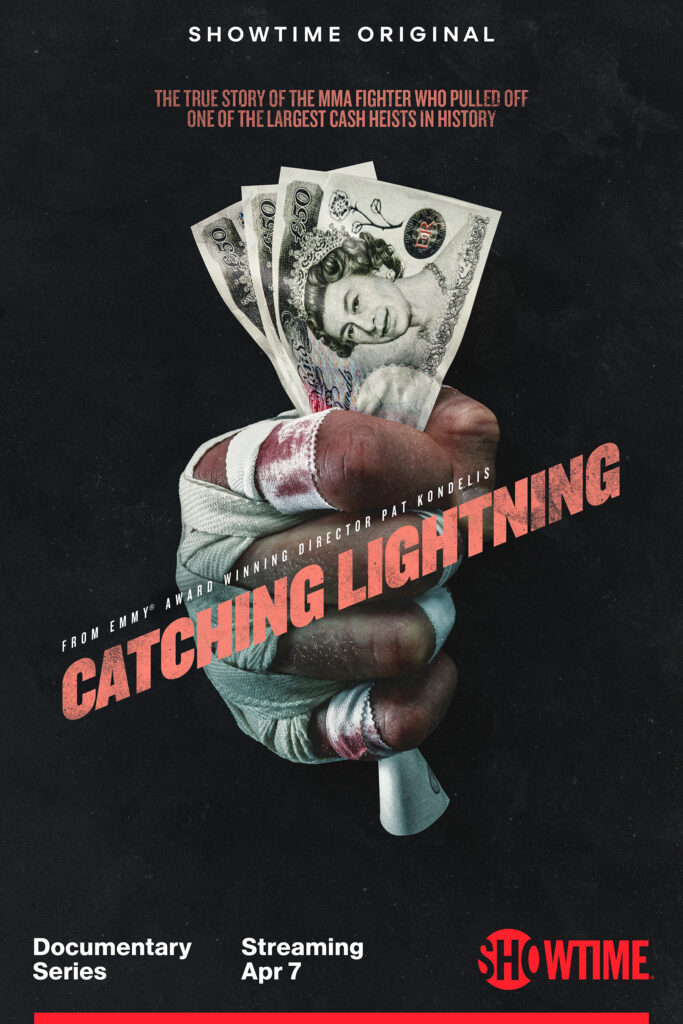If I’m learning anything at all this theatre season it’s that a play needn’t be empirically good to be highly enjoyable. Lydia Diamond’s Stick Fly, presented by the singer Alicia Keys at Broadway’s Court Theater, is a sterling example. I had almost left at intermission. My date had bailed on me; I was miles ahead of everyone onstage and far from engrossed when the first act curtain rang down. Yet something kept me in my seat. Complacency maybe? Inertia? Whatever it was, I’m thankful because the comic pleasures of Diamond’s play – and there are many – don’t fully reveal themselves until the second act. Act one is all set up as the sons LeVay arrive at the family’s country house to introduce Mom and Dad to their respective girlfriends. Flip is a doctor – just like his father. His girl will be along later and yes, she’s …. Italian. Spoon is the stumbling younger son, played with charming empathy by Dule Hill. His fiancee Taylor – the vivacious Tracie Thoms – is an entomologist who’s chosen career seems to be garner mention for the sole purpose of including a second act story that explains the play’s title. Dad shows up late. Â Mom’s mysteriously nowhere to be found. And the family maid, Miss Ellie, has fallen ill, so she’s sent her daughter Cheryl (Condola Rashad, in a performance that is sure to be much ballyhooed) to look after the family this weekend. Â What’s interesting here is that if you read the above with taking in the names of the actors you’d in no way know that this play is about an African-American family. In fact, the LeVays are the oldest blacks on Martha’s Vineyard outside of Oak Bluffs. Three generations ago their great-grandfather was given this land in exchange for a little shipping – shipping what, well, we don’t talk about that dear. This is a family of extreme privilege. And though David Gallo’s expansive set lets you in on the fact as soon as you enter the theater, it’s only as the first act progresses that you discover how casually cruel people insulated by great wealth can be – regardless of race. That’s not to say race doesn’t come into play. Taylor is light-skinned, and Flip’s girlfriend Kimber isn’t really Italian, she’s white – as well as rich. There’s a tendency when concentrating so much privilege in one room to try to keep the bonhomie effervescent but the playwright forces her characters into constraints that seem inauthentic at times. Too often it feels like everyone would rather be down the block, trading Coward’s quips in Private Lives. And while we’re at it, where was the dramaturge on this play? It has come through two of our best regional theaters: Â the McCarter and the Huntington, both established organizations with regarded dramaturgical staffs. Yet there are cavernous jumps of logic in this play as well as some truly lazy writing where we are supposed to fill in gaps of plot with the arched eyebrow of a sassy maid. Â For a playwright who seems to take such pleasure in expounding on the dynamics of race and the socio-economic paradigm, she is startling light on connecting the dots when it comes to constructing her plot. For an audience raised on the television sitcom, however, this is exactly how life plays out: in close-up and with a gesture. Which must be why everyone around me seem to more than take it in stride, they ate it up. I won’t spoil the big act two reveals but suffice it so say that if you make it that far, the play finally finds its rhythm and hits its comedic stride, leaving a pleasant aftertaste that lingers. Aristotle would have walked out aghast at the intermission. And he’d’ve missed all the fun, too.









